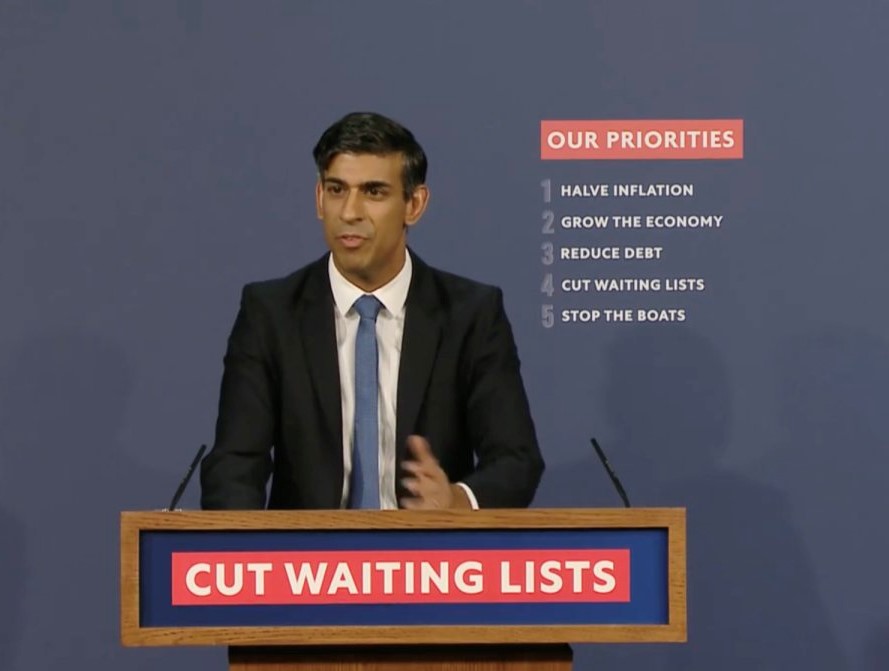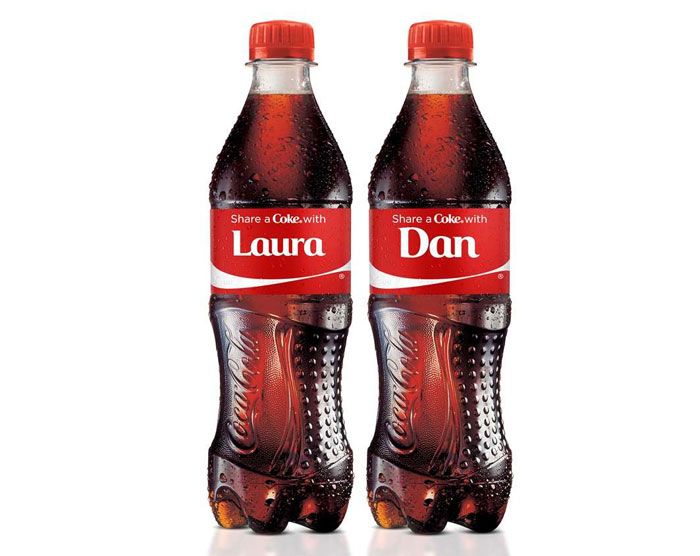The English Language is an extremely damaging and misleading device that many people use in ways that can be detrimental to the public, mainly in subtle ways that some of us may not even notice.
The misuse of the English Language is seen every day in politicians’ usage of speech. It is common knowledge that politicians should be trustworthy and honourable, but this can be difficult to prove true. In today’s society, politicians will regularly hold back a full, honest answer when answering a question as they will use language in a way that enables them to hide behind making a mistake, or even to avoid telling the truth.
Politicians have a very powerful and influential role in society, a benefit that comes with their role. This means that people are expected to trust them, while believing in them and their power to rule the country in an honourable, dependable way – but with their subtle, constant use of language manipulation, this becomes a difficult task for the population. One study found that in Theresa May’s first interview as Prime Minister, she only gave explicit answers to 14% of the questions she was asked, although she still answered all of them.

With the soon upcoming election and party manifestos being published, politicians from all parties will be using persuasive language in order to attract as many votes as possible. History would suggest that few of the promises they make in this time would actually come true.

A recent example, although not a direct illustration of language manipulation, can show how deceptive politicians have the ability to be. Out of Rishi Sunak’s 5 pledges to complete throughout 2023, he failed to achieve multiple – for example, one of his aims was to “grow the economy”, but the economy actually ended up shrinking 0.3% in the later months of 2023, going into recession and only growing 0.1% from the beginning of the year. This can show us that politicians pledge many promises while not knowing if any of it will actually be achievable. This makes us question if politicians are saying these things to gain votes or if they actually care about the country and its wellbeing.
This goes to show that politicians have many ways of subtly manipulating language use to be able to hold power, distributed in many ways such as instrumental, political, and influential power. Theresa May was, at the beginning of her time in office, a popular prime minister- but she ended up not being all that she seemed, similar to her interview answers. Prime ministers are a current and reoccurring example of unreliable answers due to language manipulation. Having the role of being a politician brings with it instant power over society, so we naturally believe the words they speak- but the words that we hear are their elaborated forms of the question, allowing them to twist it in a way which favours their view and can cover up mistakes they have made.
Synthetic personalisation is another method widely used in media and advertising to attract customers – and most of the time influence them into buying something they most likely don’t need. Companies use language to build false relationships with their customers, making them feel seen with methods such as using personal pronouns like “you”, “we”, and “us”, making adverts seem as though they are personally aimed at you, or they can create a false sense of being aimed towards a specific group rather than the wide public audience for which the advert was actually curated.
One example of this is Coca Cola’s “share a coke with…” campaign, which saw the company printing different names on each singular bottle of Coke. Seeing one of these bottles with your name, or the name of someone close to you was a strategy designed to compel customers to buy products – the company had created a synthetic atmosphere of closeness with its consumers, making them feel as though this one product was made specifically for them, aimed just at them, and urging them to buy it- but the unnecessary purchase made customers feel as though they had to buy it only because it had their name on it.

This represents how the English language can subtly manipulate and influence people into doing things they don’t need to, all because of a falsely curated relationship thought up by an intelligent, powerful figure in a company as a money making exercise.
This shows only a few of the many ways that language can be misused- be careful when you are taking in media from multiple sources, as you never know what is trustworthy or not.
July 5, 2024 @ 3:56 pm
Very interesting, an amazing article!